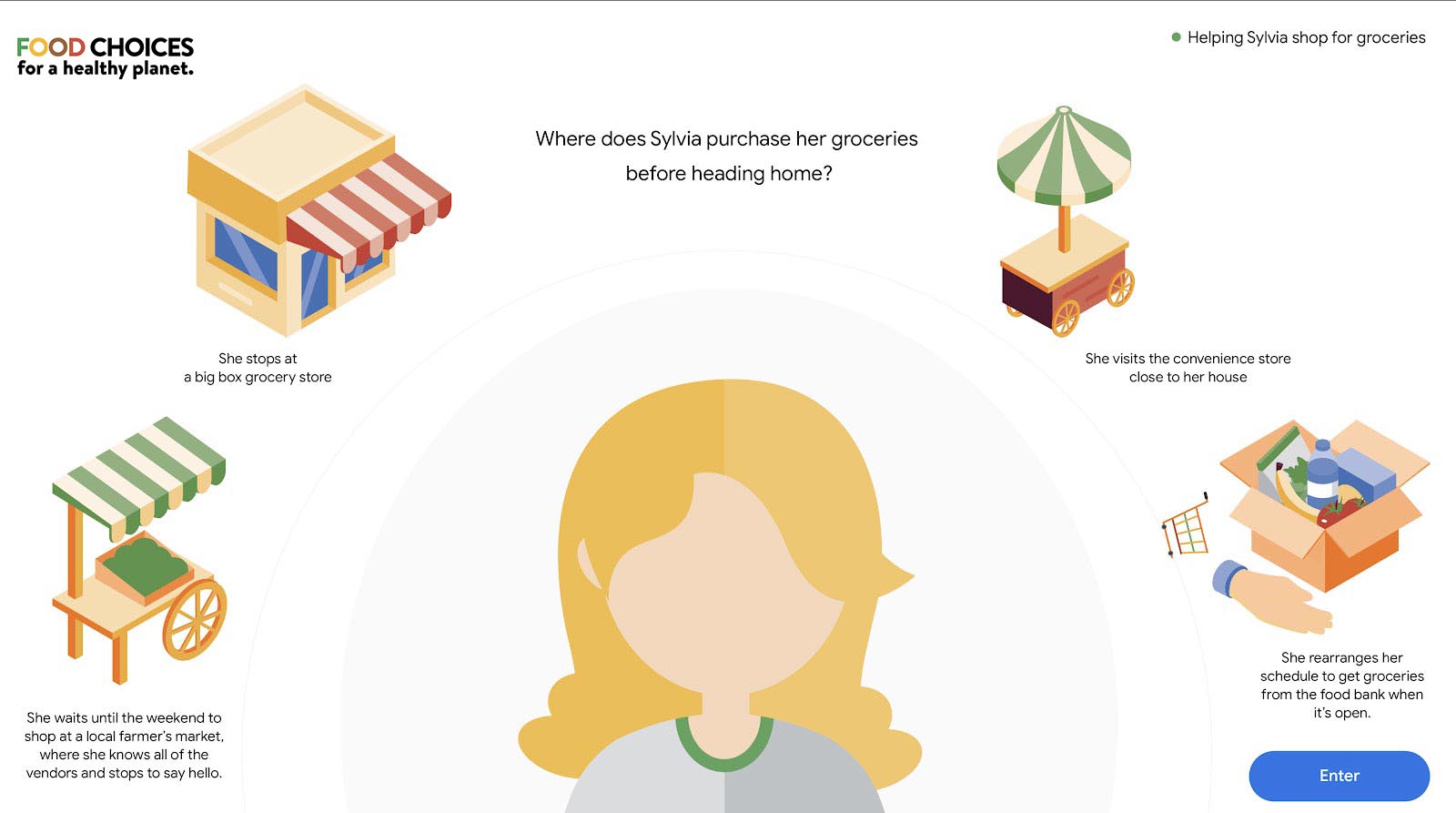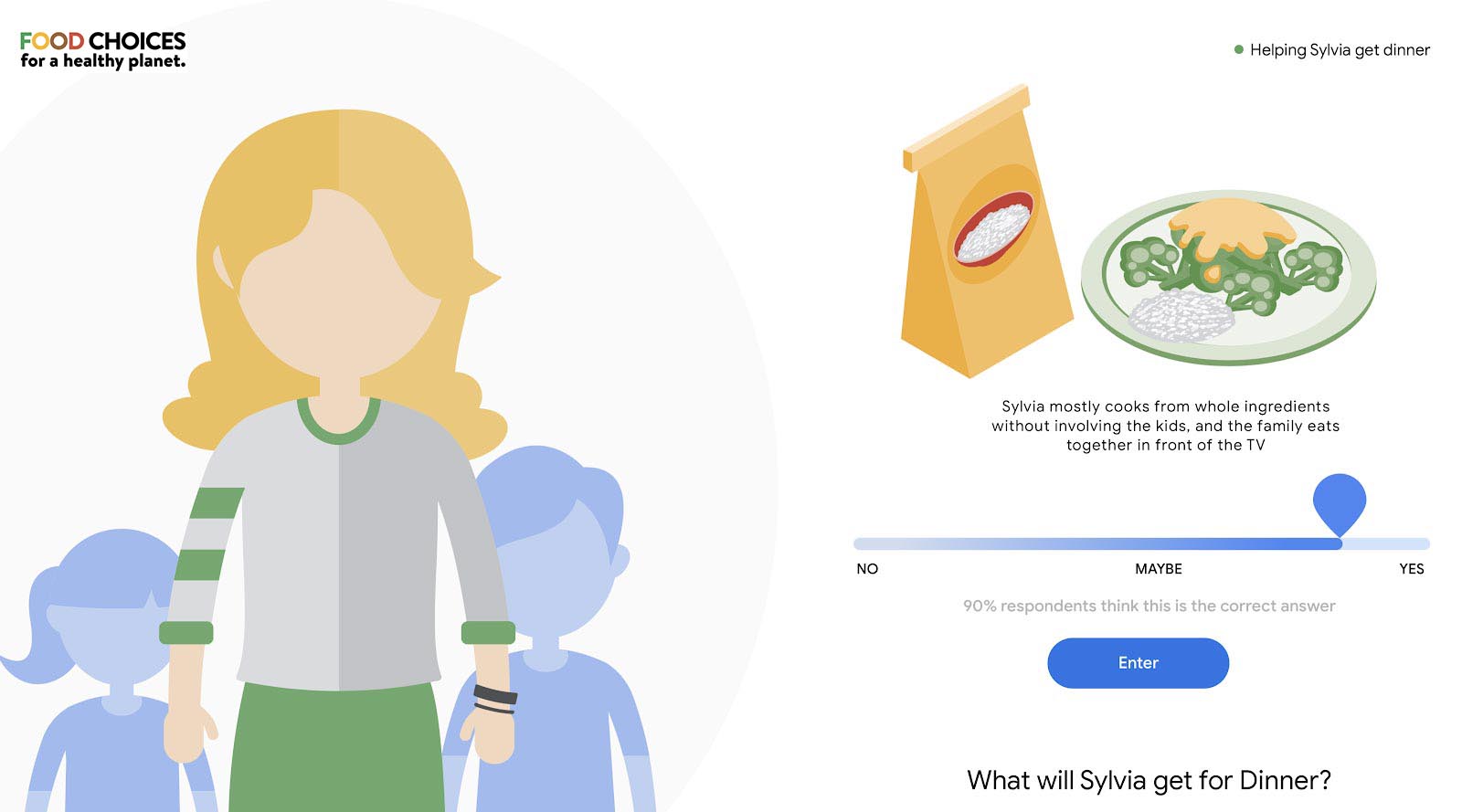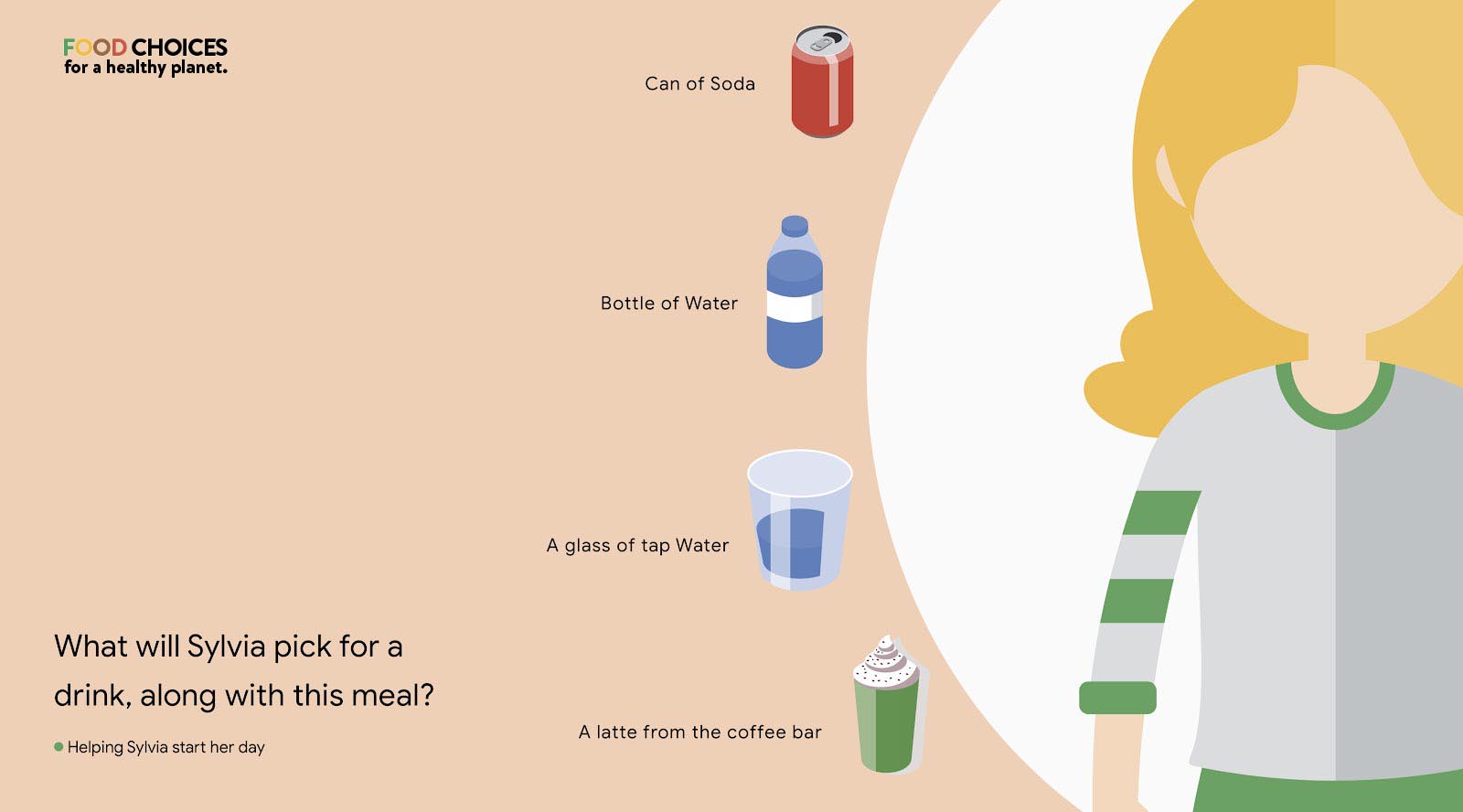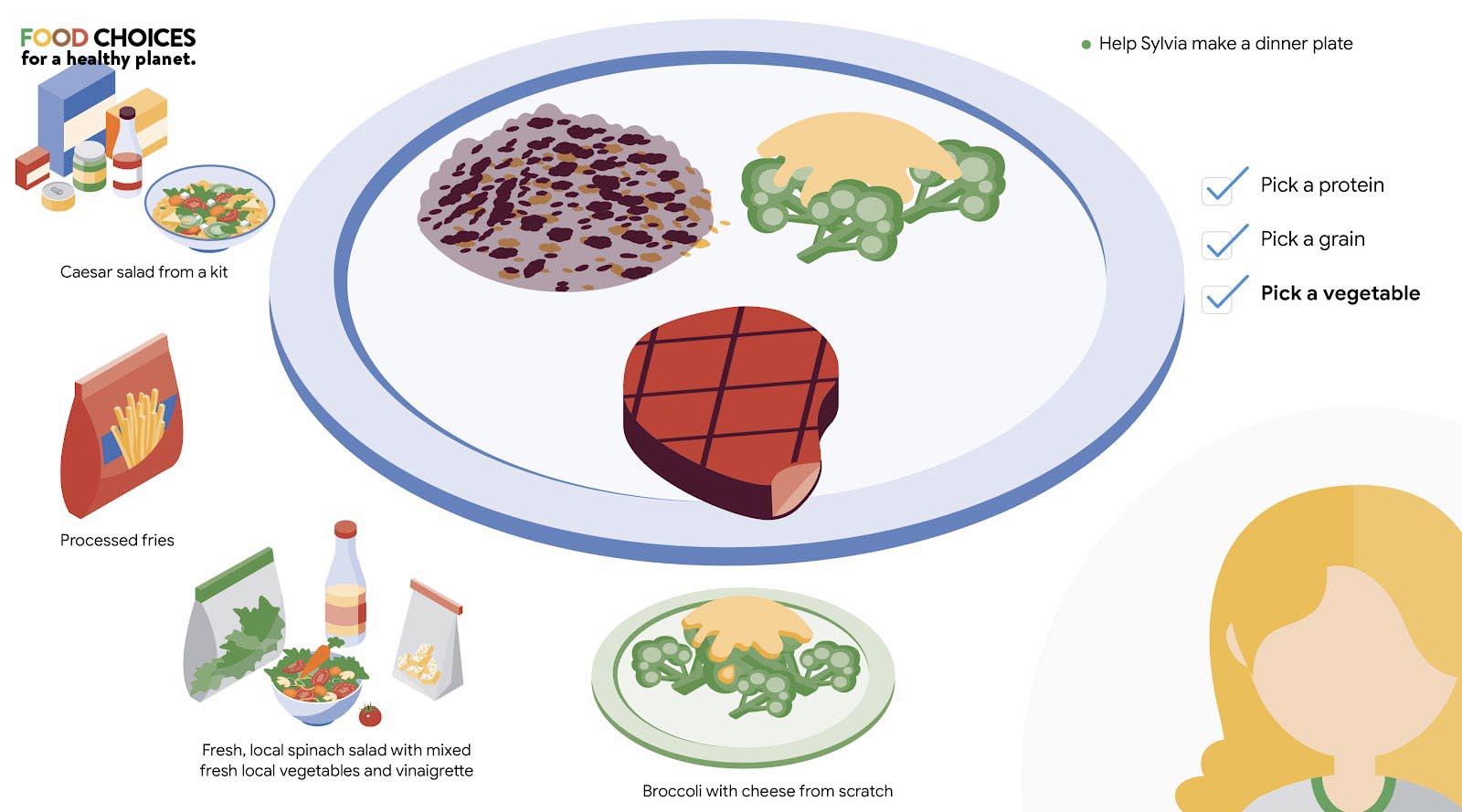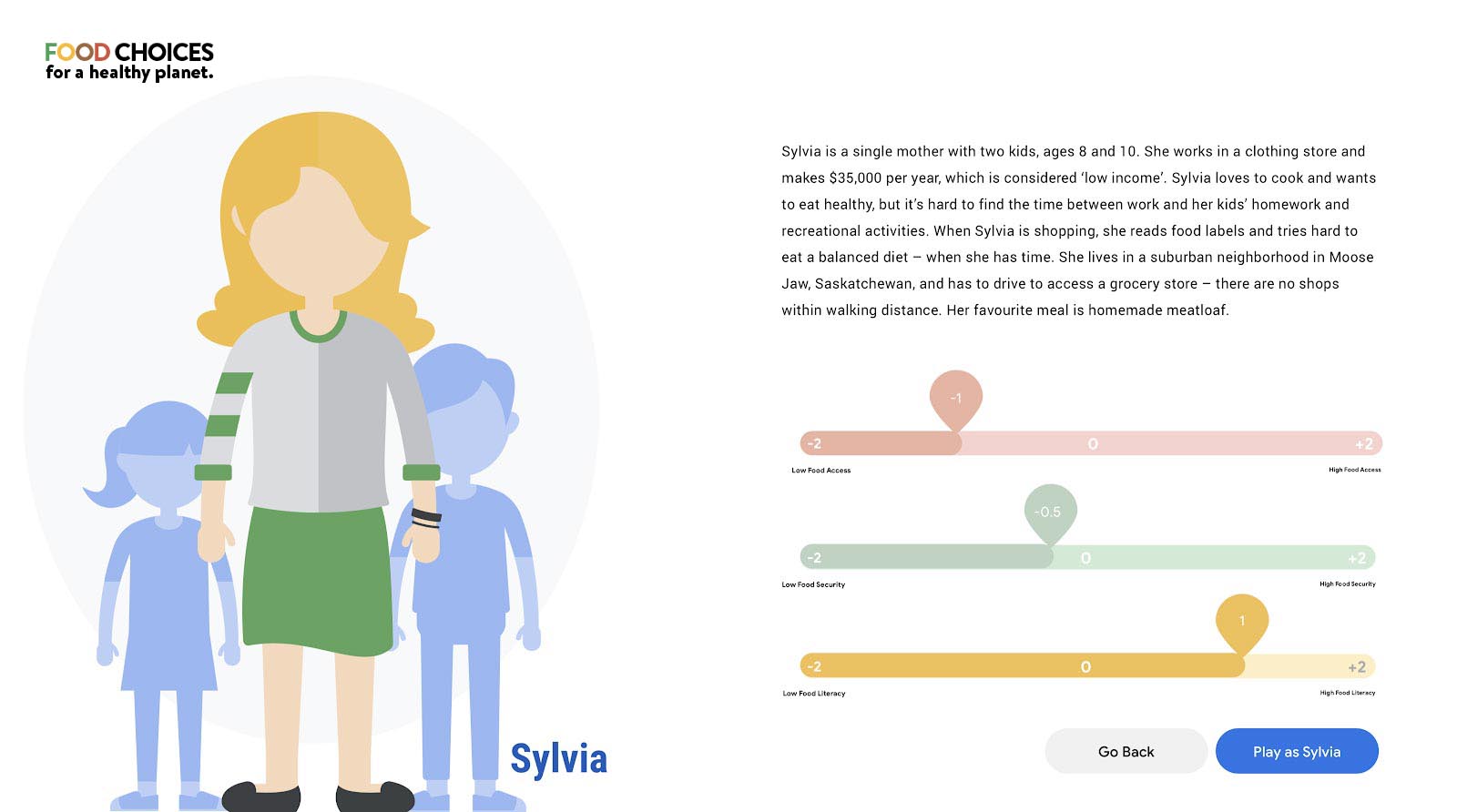Members
Dan Altschuler Malek
Managing Partner, Co-Founder
Unovis Asset Management
Dan is an entrepreneur experienced in sustainability, startups, and international trade. His endeavors over the last 20 years include launching a natural snack company, heading a logistics firm, opening a restaurant, and managing a creative agency. He holds a degree in Business Management from Mexico’s Universidad Iberoamericana and an MBA from Babson College. As Managing Partner, Dan pursues strategic opportunities for New Crop Capital’s portfolio companies.
Doniga Markegard
Regenerative Rancher/Author
Markegard Family Farm
Doniga Markegard is a wildlife tracker, regenerative rancher, speaker, and author. Her teen years in nature school started her on a path that led to a career in animal tracking and then permaculture and ranching in California, where she works to regenerate both soil and community through farming. Using the innovative, carbon-storing methods of regenerative ranching, she’s restoring the land she tends, bringing native grasses and wildlife back to the depleted San Francisco Bay Area rangelands. Doniga is a certified educator for Holistic Management International and a consultant for Nature Awareness Programs around the world. She is a regular speaker at events such as the Bioneers Conference, Food Inspiration Trendsummit, and The Grassfed Exchange, has worked with companies such as Patagonia and Google, and has been featured in articles from FastCompany, GreenBiz, The San Francisco Examiner, and NPR.
Eric Heiman
Class Professor
California College of the Arts (CCA)
Eric Heiman grew up in the backwoods of western Pennsylvania and attended Carnegie Mellon University in Pittsburgh where he completed a Bachelor of Architecture in 1992. His winding, post-graduate path finally led him to the Bay Area where he studied graphic design at the California College of the Arts (CCA) and then later co-founded (with Adam Brodsley) the multidisciplinary, award-winning studio Volume Inc. in 2001.
Eric has taught at CCA since 1999 and was awarded the college-wide Excellence in Teaching award in 2003. At CCA, he currently manages TBD*, a student-staffed design studio that does work for local Bay Area nonprofits and civic institutions. His writing on design has been published in Design Observer, Eye, andEmigré, and he was a founding writer for SFMOMA’s Open Space online publication. In 2017 he was made a Fellow of AIGA San Francisco for his contribution to raising the standards of excellence in practice and conduct within the Bay Area design community.
Guillermo Castilleja
Senior Advisor
Global Alliance for the Future of Food
Guillermo Castilleja is a Senior Advisor at the Global Alliance for the Future of Food. Guillermo’s time has been generously allocated by his foundation, the Gordon and Betty Moore Foundation, to help the Global Alliance further its work on true cost accounting. Before being seconded to the Global Alliance, Guillermo, in his position as senior fellow at the Moore Foundation, advised the president on both internal analytics and external relations – providing foresight and judgement to aid in identifying future directions, as well as opportunities to elevate the foundation’s and grantees’ achievements. Guillermo served six years at the helm of the foundation’s Environmental Conservation Program, leading its efforts to protect critical ecosystems and balance long-term conservation with sustainable use.
Before joining the foundation in 2010, Guillermo worked for WWF for 18 years, most recently as executive director for conservation at WWF International. In that capacity, he directed and coordinated its global conservation efforts, leading the development of place-based and policy priorities for the global network. At the beginning of his career in WWF, he was country representative in Mexico and later vice-president for the Latin America and the Caribbean program. Guillermo has also worked for the World Bank and the National Wildlife Federation. He serves on The Economics of Ecosystems and Biodiversity (TEEB) Advisory Board, and the board of the Fondo Mexicano Para La Conservacion De La Naturaleza, A.C./Mexican Fund for the Conservation of Nature, A.C. (FMCN). He was recently appointed special advisor to the China Council for International Cooperation on Environment and Development. Previously, Guillermo was a member of Mexico’s National Commission on Protected Areas and the National Forestry Commission, as well as the board of directors of WWF Russia. Through speaking engagements around the world, research published in peer-reviewed journals and the media, Guillermo has addressed the relationship between protected areas and food security, strategies for long-term financing of large-scale land conservation, and the social opportunities and challenges of biodiversity conservation. Guillermo graduated from the National University of Mexico and received a master’s degree in forestry, a master’s degree in philosophy, and a doctorate in forest ecology from Yale University.
Nathan Shedroff
Designer, author, and educator
nathan.com
Nathan is a seasoned, professional strategist and serial entrepreneur as well as a pioneer in the fields of experience design, interaction design, and information design. Currently, he’s creating new tools and models for new ventures and “total value” (beyond just economic and functional value). He speaks and teaches internationally, and has authored many books (below).
Nathan is the chair of the groundbreaking Design MBA programs in design strategy at California College of the Arts in San Francisco. These programs prepare the next generation of innovation leaders for a world that is profitable, sustainable, ethical, and truly meaningful. The programs unite the perspectives of systems thinking, design and integrative thinking, business models, sustainability, and generative leadership into a holistic strategic framework.
Before academia, he was a pioneer in multi- and online media. He worked with Richard Saul Wurman at TheUnderstandingBusiness and co-founded vivid studios, a pioneering interactive media company and one of the first Web services firms on the planet. vivid’s hallmark was helping to establish and validate the field of information architecture by training an entire generation of designers in the newly emerging web industry.
Paul Zink
Co-Founder and CEO
Jungle Project
A graduate of Antioch College in the United States, Paul Zink continued his training on organic farms and gardens throughout the US, New Zealand, Japan, Panama and Costa Rica. His expertise includes the design, installation and maintenance of customized food-forest garden systems for homeowners, hoteliers and conference centers. His tireless breadfruit efforts have resulted in an important collaboration between EARTH University in Costa Rica and Cultivaris via Global Breadfruit. As a Project Director for Global Breadfruit, he continues the introduction of breadfruit into Central and South America. Paul is bilingual in English and Spanish and brings over 10 years of practical experience to this project.
Robyn Metcalfe
President
Food+City, University of Texas at Austin
Food historian and futurist, with a concentration in the history of urban food markets, particularly in Western Europe during the 19th century. Why does a historian think about the future of food? It’s all about context, having the knowledge about how we got here as we think about the future. Am particularly interested in the use of technology to improve and re-invent the global food supply chain.
Food+City tells stories through print and digital platforms, sparking thoughtful conversations and inspiring change in the global food system. For five years, F+C encouraged entrepreneurs to solve food system problems with an annual challenge prize, working with over 75 food startups and $250K in funding. Currently, the focus of Food+City is to contribute meaningfully to the global food system by highlighting important stories, creating excellent content, and continuing to champion other entrepreneurs improving how the world is fed. .
Other highlights and interests include: researched, wrote, photographed for four consumer interest books, wrote three non-fiction books, consulted for companies, big and small, about electronic publishing strategies, founded non-profit educational farm, participated on a dozen non-profit and for-profit boards, managed and developed boards of directors, planned events, solicited grants, donations, traveled to remote areas of the world, speaking two foreign languages in addition to English. Holds culinary certificates in cheese, Cordon Bleu (London). Produced and marketed heritage food products. Learned how to butcher and aspire to be a cheese affineur.
Beyond professional passions, I love living large, and am an accomplished athlete, having completed ultramarathon races across six global deserts. Also appreciate storytelling and the arts, and expressing myself through painting, drawing, film, and many other creative mediums.
Valerie Christy
Impact Investor
Astanor Ventures
Prior to being Investor at Astanor Ventures, Valerie Christy was a Founding Partner at Almanac Insights. After initially enrolling in the Blue Hill at Stone Barns FARMS Apprenticeship in 2014, she began managing special projects at Blue Hill, ranging from the wastED pop-ups in New York and London to the launch of Blue Hill’s first nationally-distributed CPG product. Before that, Valerie was an early member of the team at LivingSocial, where she developed and implemented new business verticals aimed at expanding the company’s audience and brand. Through these combined experiences, Valerie learned firsthand both the opportunities and challenges facing early-stage businesses across industries. Valerie holds a B.A in International Studies from Middlebury College. As the west coast anchor for Almanac, she currently lives in San Francisco, CA.

